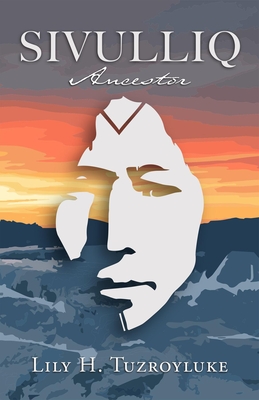Lily H. Tuzroyluke

Sivulliq: Ancestor
Lily H. Tuzroyluke
In the spring of 1893, arctic Alaska is devastated by smallpox. Kayaliruk knows it is time to light the funeral pyres and leave their home. With her surviving children, she packs their dog sled and they set off to find family.
Kayaliruk wakes with a bleeding scalp and no memory of the last day. Her daughter was stolen by Yankee whalers, her sons say. They begin chasing the ship, through arctic storms, across immeasurable distances, slipping into the Yankee whalers' town on Herschel Island, and to the enemy shores of Siberia.
Ibai, an African American whaler, grew up in New Bedford, Massachusetts among the long-standing whaling industry. This is his first whaling expedition. He learned the names of the whaling ships, counted their barrels, whalebone, and baleen, memorized stories of seafaring heroes overcoming great odds, while his father crafted harpoons for captains. In anguish, he learns whaling ships will obtain oil at any cost. The lives of Kayaliruk and Ibai become intertwined on this journey, both witnessing colonial horrors upon their Peoples.